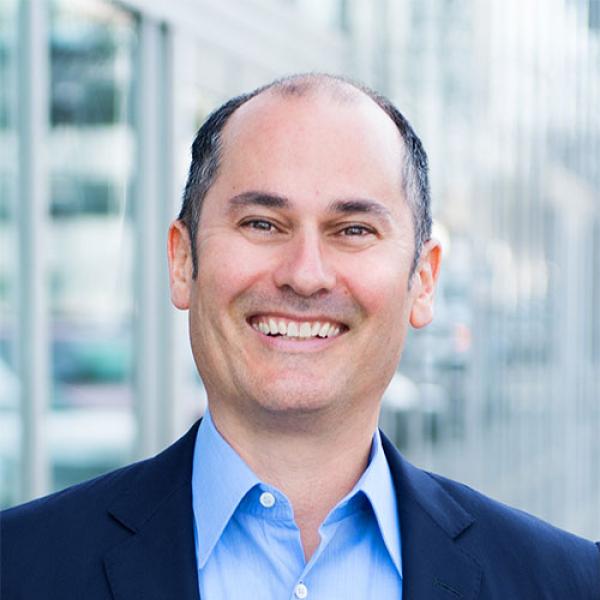
What is integrative medicine and what is functional medicine? How are they different and how do they relate to one another?
So first let me say we are all on the same team here. Integrative medicine doctors and functional medicine doctors are all working to achieve the same goals and we all should hopefully get along extraordinarily well and not have any ill will. Being an old timer myself and having built integrative medicine clinics and managed them and also having run functional medicine clinics, let me say we all have more in common than we realize and there is not a right or best version in all this. So that being said let me try to define the differences more as a means of clarification than any attempt to put one group down.
What is the Difference Between Integrative and Functional Medicine?
Just writing integrative medicine vs. functional medicine as a phrase makes it look like a competition, just like the Golden State Warriors vs. the Cleveland Cavaliers for the NBA title. As a life long Oakland Warriors fan I can definitively say the Warriors are a better, prouder and simply superior team to Cleveland! All kidding aside, when comparing the difference between functional medicine and integrative medicine it’s more akin to comparing a Mercedes to an Audi. Can you really say one is better? There’s personal preference, personal opinions and over all experience of the brand that impacts our choice. But picking one car out as “superior” is quite arbitrary and based on our views and opinions. It’s funny one of the statements that my Buddhist teacher at the monastery I studied at in Thailand would always make was that his western student’s main problem with achieving enlightenment were our views and opinions. His Thai students didn’t suffer from this same affliction. So beware of your opinions they can be quite misleading at times. Within these two areas of natural health practitioners, there are equal numbers of excellent doctors in each area and you may find it’s more the individual practitioner that you connect with and are helped by versus what specific area within the field of natural health they focus on.
What is Functional Medicine?

Functional medicine is a very specific area that focuses on a few key things: finding the underlying cause of a patient’s health problems, using a laboratory based analysis system to determine what is wrong, using supplements to correct problems with medications as needed, and focusing ever more and more on lifestyle changes such as diet, exercise, sleep and meditation. Integrative medicine is a term that is used more broadly. An integrative medicine clinic, such as the one I built, has many facets. My old clinic had a medical doctor on staff, acupuncture, chiropractic massage, talk therapy, nutritional coaching and a gym in the back. We integrated treatments for our patients using many modalities often at the same time with the same patient complaint. As an example if someone had constant severe headaches they might get a chiropractic adjustment, nutritional assessment for magnesium deficiencies and a food allergy test to see if diet was a trigger and if they didn’t want to do an adjustment they might end up with a massage for their tight neck muscles or acupuncture. Someone suffering from depression might have brain wave mapping along with a holistic psychiatric work up. A good integrative clinic takes into account many different approaches to healing and wraps them together into the best possible package for an individual patient. Often, but not always, integrative clinics “integrate” conventional medicine into their protocols so they’ll often have medical doctors on staff who can help people stop or start medications and offer more conventional medical services.
In my functional medicine clinics I’ve run we have just done 100% functional medicine and not included the many other natural health treatment options available. Functional medicine clinics all share a few common characteristics, they all order “functional” lab testing. Meaning lab tests that are specific to functional medicine and look for “functional” problems, i.e. a problem with organ function that would appear prior to the onset of a disease process. For example, a functional test for heart health might detect low levels of antioxidants whereas a conventional test for heart health might detect a blocked artery. Functional medicine always strives to catch problems in their earliest phases when early intervention is possible and always includes significant lifestyle changes as part of treatment plans.
Schedule a 15-Minute Phone ConsultationClinics that are both Integrative and Functional
To confuse the matter, a large number of functional medicine clinics “integrate” other treatments and so are in essence both functional medicine and integrative medicine clinics at the same time. As for which is better? It really does depend on the patient and the doctor. Doctors in an integrative setting can typically offer a wider range of services. Doctors in a functional medicine only clinic are more focused on the one subject area at hand: functional testing and lifestyle coaching. I’ve always had a passion for functional medicine and so practicing 100% functional medicine just made sense to me and I’ve gotten extremely good at it. However, I can think of a dozen colleagues of mine that are equally skilled and offer more complete integrative treatment options. In other words they practice functional medicine but also operate in an integrative setting.
I think for the most part it comes down to the connection you establish with your doctor. In my case with a more focused practice where I just do functional medicine if I have patients that need other services I simply refer out. Back in the day when I had my own integrative clinic the referral was to a doctor down the hall in the same clinic, now it’s simply to someone across town. What I have learned in the last ten years of my twenty five year career, is that no one doctor can cover everything and that the best we can do is understand what the complete array of services out there is, integrative, functional, and so on, and be willing to make the best choices for our patients so we offer the best care we can and know how and when to refer out to other providers. In a way my “functional medicine clinic” is integrated with my community of doctors so that my patients receive the best of both worlds.
To learn more about becoming a Functional Medicine practitioner, please see our full range of available training courses available to you!
I recently heard two “functional medicine” doctors speaking together at a conference in New York and they were actually putting down a colleague because the other doctor practiced in an “integrative” medicine setting. I was stunned. How stupid can people be? Integrative and functional doctors are all looking to provide effective solutions either a little bit or far outside the conventional options of just drugs and surgery. Again we’re all on the same team here with the same hopes and goals. Simply put we want to provide safe and effective treatments to get people healthy without the risk and expense often associated with conventional practices. Oh, almost forgot, GO WARRIORS!
Schedule a 15-Minute Phone ConsultationWhat is Functional Medicine?practice functional medicine
